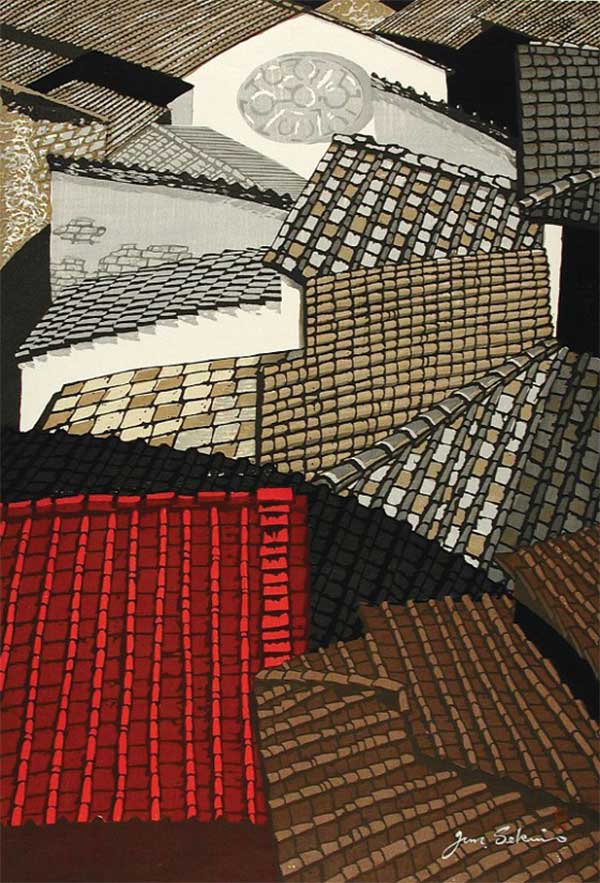Subtotal: $
Checkout-

Urban Mansions
-

Readers Respond: Issue 8
-

Family and Friends Issue 8
-

Love in Syria
-

Invisible People: Why I Make Portraits of San Diego’s Homeless
-

Neighbors in Rwanda
-

From Mourning to Praise
-

Did the Early Christians Understand Jesus?
-

Hope in the Void
-

Insight: Loving Your Neighbor
-

Insight: Caring for a Neighbor’s Soul
-

Insight: Evangelism vs. Neighbor-Love
-

Needing My Neighbor
-

The Coming of the King
-

Poem: No One Wrings the Air Dry
-

Does Faith Breed Violence?
-

Editors’ Picks Issue 8
-

The Danger of Prayer
-

Eberhard Arnold: an Appreciation
-

Gripped by the Infinite
-

Janusz Korczak
-

Dead Men Live
-

Mondays with Mister God

Dear Reader,
Across the world, optimism seems to be in notably short supply. From Jordan to Germany, the influx of millions of refugees is straining goodwill to the breaking point. The fact that the newcomers are largely Muslims – and that some are criminals while a few are terrorists – has prompted scaremongering pronouncements that European civilization itself is at risk.
Across the Atlantic, fear of immigrants is also playing a starring role in the US presidential campaign. With months of electioneering still ahead, deep political fissures run through the country – and through many congregations.
You’ll be relieved to know that Plough won’t be offering voting advice. Instead, in this issue we hope to awaken and sharpen the conscience in the light of Jesus’ words and example. Our focus here is on the second half of his Great Commandment: Love your neighbor as yourself.
“Who is my neighbor?” These words from Luke 10 are the retort of a young lawyer trying to evade Jesus’ call to repentance. Jesus responds by telling the story of the Good Samaritan. He teaches: Your neighbor is no longer defined by nationality, ethnicity, or religion. No, your neighbor is anyone to whom you can do good.
“The love of God is first in the order of commandment, but the love of neighbor is first in the order of action.…In loving your neighbor, and in being concerned about your neighbor, you get going. Where are you going, except to the Lord God?” Augustine of Hippo
Love of neighbor is not an exalted feeling. It’s tough love – tough on oneself, as it means accepting risks and sometimes even suffering. It’s the love shown by Syrian Christians and Muslims in Qaryatain. It’s the love shown by the thousands of volunteers who welcome refugees despite growing public hostility. And it’s the love that should guide us in an election year:
As citizens, how do we live out love of neighbor in relation to immigrants? To the unborn threatened by abortion, and to their mothers? To prisoners, especially those held in solitary confinement for unconscionable terms and those on death row? To the victims of crime, and to the law enforcement officers charged with keeping the peace? To our youth, who are the ones most gravely harmed by our culture’s gender confusion and its godless redefinition of marriage?
On all these fronts and many others, love of neighbor makes claims on us. But there is a place where it truly takes on flesh and blood: in the fellowship of believers, the church. Here love of neighbor can bring about a shared life of mutual care, a reality that Gerhard Lohfink explores. Here, in fact, our neighbors can become our brothers and sisters. When this happens, we can bear one another’s burdens – for example, those of the soldier returning from war or of the addict battling a besetting sin. Amid today’s horrors, the church community can become an advance outpost of the great reconciliation to come (2 Cor. 5:17). Now as never before, many more such outposts are needed.
Warm greetings,
![]()
Peter Mommsen
Editor

Sekino Jun’ichirō, Roof Tiles of Firenze Los Angeles County Museum of Art. Digital image © 2016 Museum Associates / LACMA. Licensed by Art Resource, NY.
Already a subscriber? Sign in
Try 3 months of unlimited access. Start your FREE TRIAL today. Cancel anytime.


































METİN ERDEM
Thanks for the article called '' Who is My Neighbor?'' It helped me learn a lot. I have lived 2 years in Woodcrest 25 years ago and now a teacher in Turkey where we seek the peace. To me my neighour is all people around us that was created by God. Yes it is big command that love your neighbor. We can not sleep in peace when our neighbors are hungry or suffering. We need to share our love and bread with them. We should forgive them , so the peace of God come to our home. About 3 million Syrian migrant escaped from war and came to Turkey. Turkey opened its borders and shared its bread and water. It is good. The countries also should accept the migrants to their lands. Because The nations also have their neighbor. Neighour is everyone that doesnot matter the which etnicity or religion but everyone that was created by God.